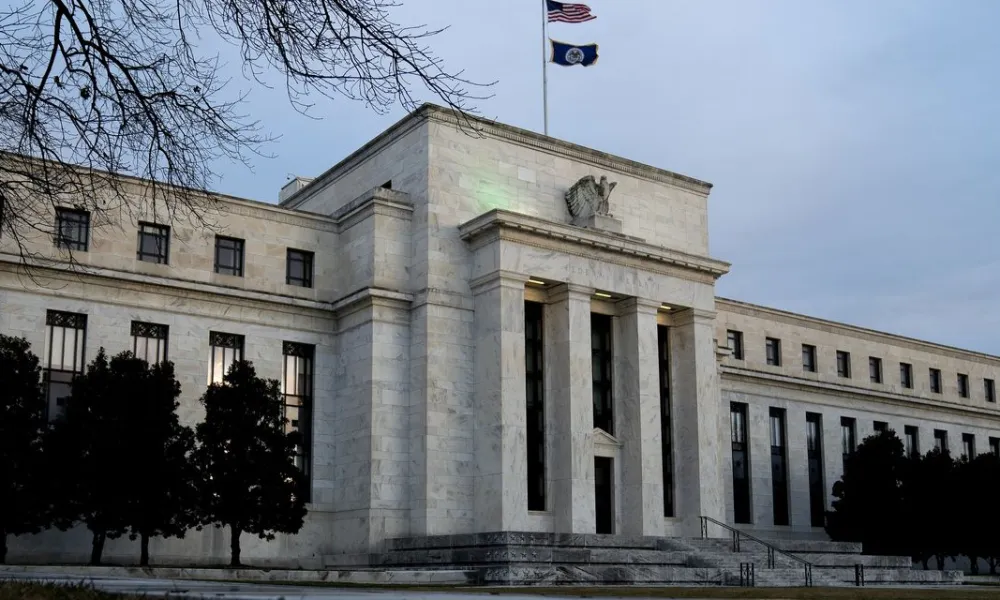Accountability
WSJ Investigation: Federal officials often trade stock in companies their agencies oversee

An investigation carried out by The Wall Street Journal investigation found that a large number of officials across the government’s executive branch submitted on their trading reports that they either owned or traded stocks based on whether impending decisions would cause their price to rise or fall.
Government officials are required to report each trade to promote transparency and combat insider trading.
“The STOCK Act required a one-year study of the growing political intelligence industry and requires every Member of Congress to publicly file and disclose any financial transaction of stocks, bond, commodities futures, and other securities within 45 days on their websites.”
Over 2,600 officials at agencies from the Commerce Department to the Treasury Department, both sides of the political aisle have disclosed stock trades in companies at the same time that those companies were lobbying their agencies for favorable policies. The journal estimates that one in five government employees across fifty agencies have been culpable.
A top official at the Environmental Protection Agency disclosed trades in both oil and gas stocks. The Food and Drug Administration (FDA) failed to follow procedures and permitted an official to own a basket of food and drug stocks which were on the “no-buy list.”
A Defense Department official also bought stock in a defense company five times before it won new business from the Pentagon.
The Journal obtained and analyzed more than 31,000 financial-disclosure forms for approximately 12,000 employees operating at a senior level, political staff and presidential appointees. The review commenced in 2016 was conducted until 2021.
It also includes data on nearly 850,000 financial assets along with over 315,000 trades reported in stocks, bonds and funds by the officials, their spouses or their dependents.
Federal employees are responsible for ensuring that their investments don’t create a conflict of interest with their work. This rule applies even if they hire a financial adviser.
The Journal’s review of disclosures did show that a high number of federal officials informed their financial advisers to avoid certain industries or to decrease their holdings in certain stocks.
Terry A. Hurlbut has been a student of politics, philosophy, and science for more than 35 years. He is a graduate of Yale College and has served as a physician-level laboratory administrator in a 250-bed community hospital. He also is a serious student of the Bible, is conversant in its two primary original languages, and has followed the creation-science movement closely since 1993.
-

 Accountability4 days ago
Accountability4 days agoWaste of the Day: Principal Bought Lobster with School Funds
-

 Civilization1 day ago
Civilization1 day agoWhy Europe Shouldn’t Be Upset at Trump’s Venezuelan Actions
-

 Executive2 days ago
Executive2 days agoHow Relaxed COVID-Era Rules Fueled Minnesota’s Biggest Scam
-

 Constitution3 days ago
Constitution3 days agoTrump, Canada, and the Constitutional Problem Beneath the Bridge
-

 Christianity Today1 day ago
Christianity Today1 day agoSurprising Revival: Gen Z Men & Highly Educated Lead Return to Religion
-

 Civilization2 days ago
Civilization2 days agoThe End of Purple States and Competitive Districts
-

 Executive2 days ago
Executive2 days agoWaste of the Day: Can You Hear Me Now?
-

 Civilization5 days ago
Civilization5 days agoThe Conundrum of President Donald J. Trump



Not surprising. Those in Congress are doing it all the time.